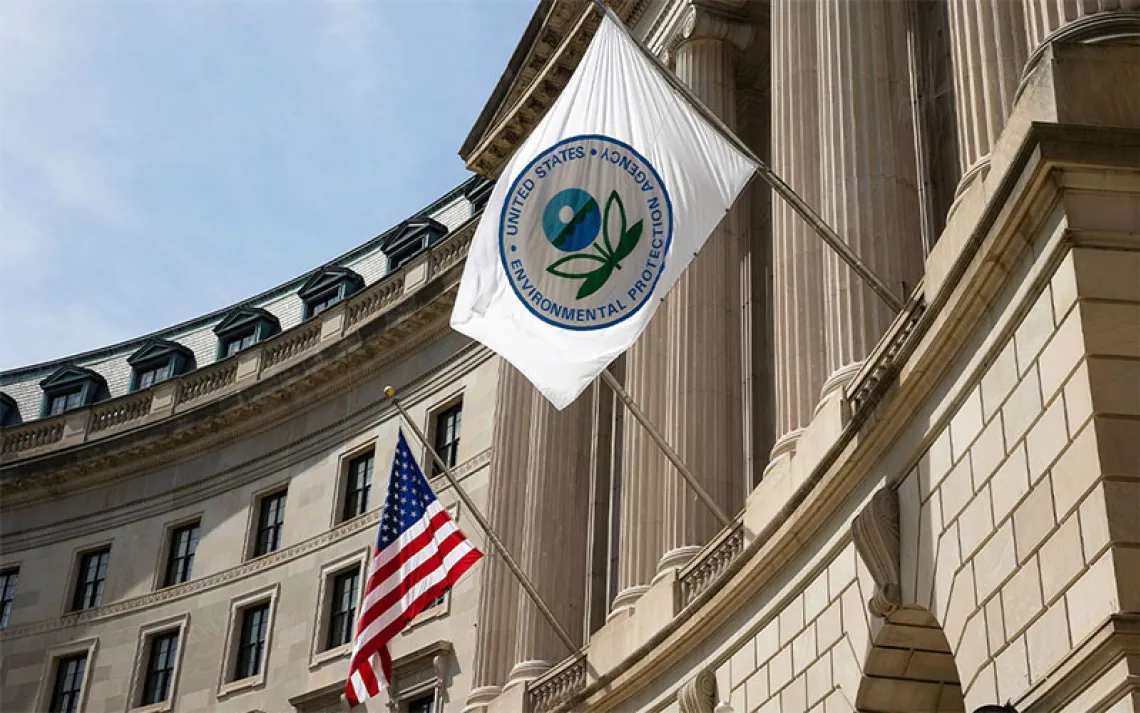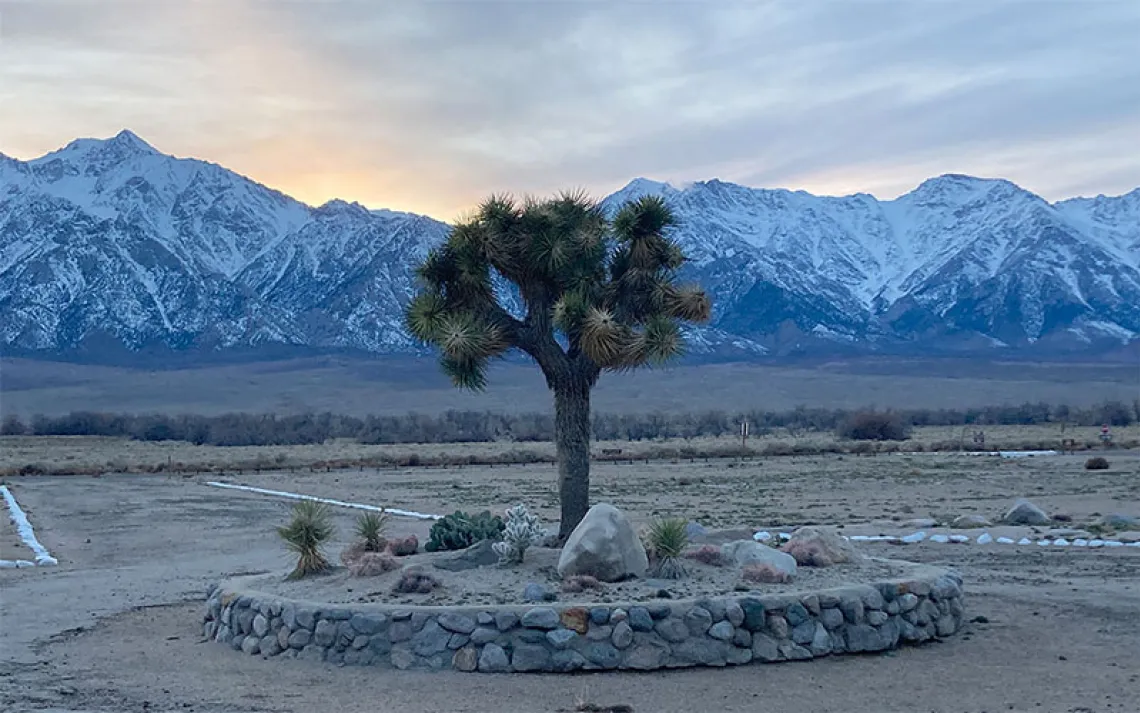Scott Pruitt and the Myth of “Sue and Settle”
EPA administrator uses alternative facts to avoid enforcing environmental laws

Photo by krblokhin/iStock
This week, Scott Pruitt and his polluter cronies are aggressively perpetrating the lie they call “sue and settle” as a way of refusing to enforce our nation’s critical environmental laws. On Monday, Pruitt announced that the Environmental Protection Agency would avoid settling lawsuits with public interest groups and instead would lean toward fighting cases in court. But don’t be fooled: This is a phony remedy in search of a problem to solve.
It’s important to note from the start that the polluter-backed U.S. Chamber of Commerce report underlying Pruitt’s false rhetoric has been regularly debunked in the academic literature on the topic. As the Harvard Environmental Law Review concluded in its review of the topic: “This analysis reveals the current ‘sue-and-settle’ debate for what it is: a war of words relying on emotionally charged rhetoric to score political points."
To understand the lies behind the false concept of “sue and settle,” one must understand the two main types of negotiated settlements in environmental law: decision-forcing settlements and substantive settlements. The first compels the government to make a decision—any decision—when action is long overdue; for example, EPA shall propose a rule by X date. The second compels the government to make a specific kind of decision; for example, that the water quality standard shall be X. As a Virginia Law Review article describes it: While in both cases, “[s]ettlement negotiations are . . . conducted in unpublicized, secret meetings among a limited number of parties, in the case of decision-forcing consent decrees, all impacted parties are given a meaningful opportunity to be heard through the applicable public notice-and-comment rulemaking requirements."
In the U.S. Chamber’s report, 75 out of 79 settlements negotiated by environmental organizations were decision-forcing settlements. That is, the settlements compelled federal agencies to do their job when they badly missed the deadlines Congress set out in the Clean Air Act, Clean Water Act, and similar laws. These settlements enhance public participation, because members of the public would never have a chance to weigh in on matters affecting their health were the agency allowed to ignore statutory deadlines and bury problematic issues. In stark contrast, the Virginia Law Review analysis showed that industry settlements seek substantive decisions over 55 percent of the time. Those are the type of settlements that deprive the public of input.
Scott Pruitt and his fossil fuel allies continue to perpetrate lies about the law as an excuse for refusing to enforce it. But when it comes to the law, the truth has a way of catching up with you. The government generally seeks to negotiate settlements precisely because of significant legal vulnerability. Therefore, Pruitt’s abuse of the law by delaying, obstructing, and blocking numerous public health safeguards means he is extremely vulnerable to being held accountable in court. Pruitt has no defense to lawsuits where EPA has badly missed a legally mandated deadline. If he insists on fighting the obvious, Pruitt will be guilty not just of failing to protect public health and the environment, but also of wasting agency resources, undermining the credibility of DOJ attorneys, and burdening the courts with useless litigation.
If Pruitt thinks that by frivolously litigating deadline cases, he will deter the Sierra Club or other citizen groups from holding him accountable in court, he should think again: We will not be deterred.
 The Magazine of The Sierra Club
The Magazine of The Sierra Club



